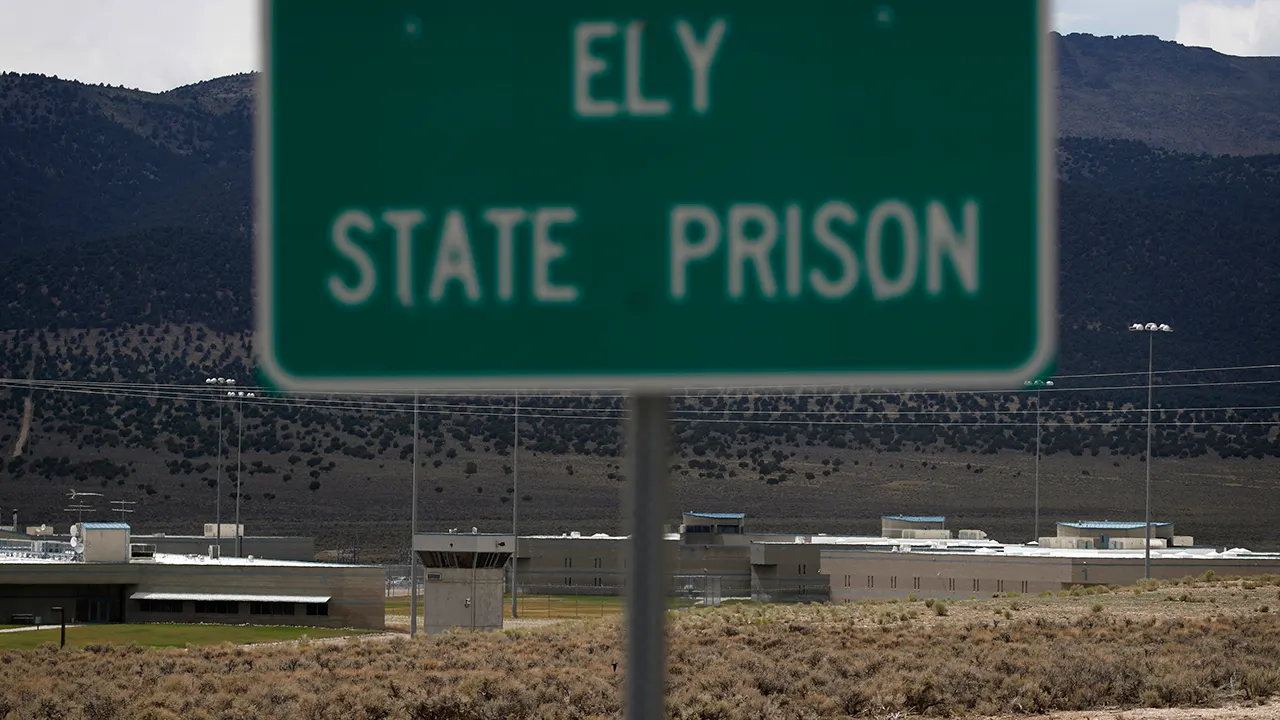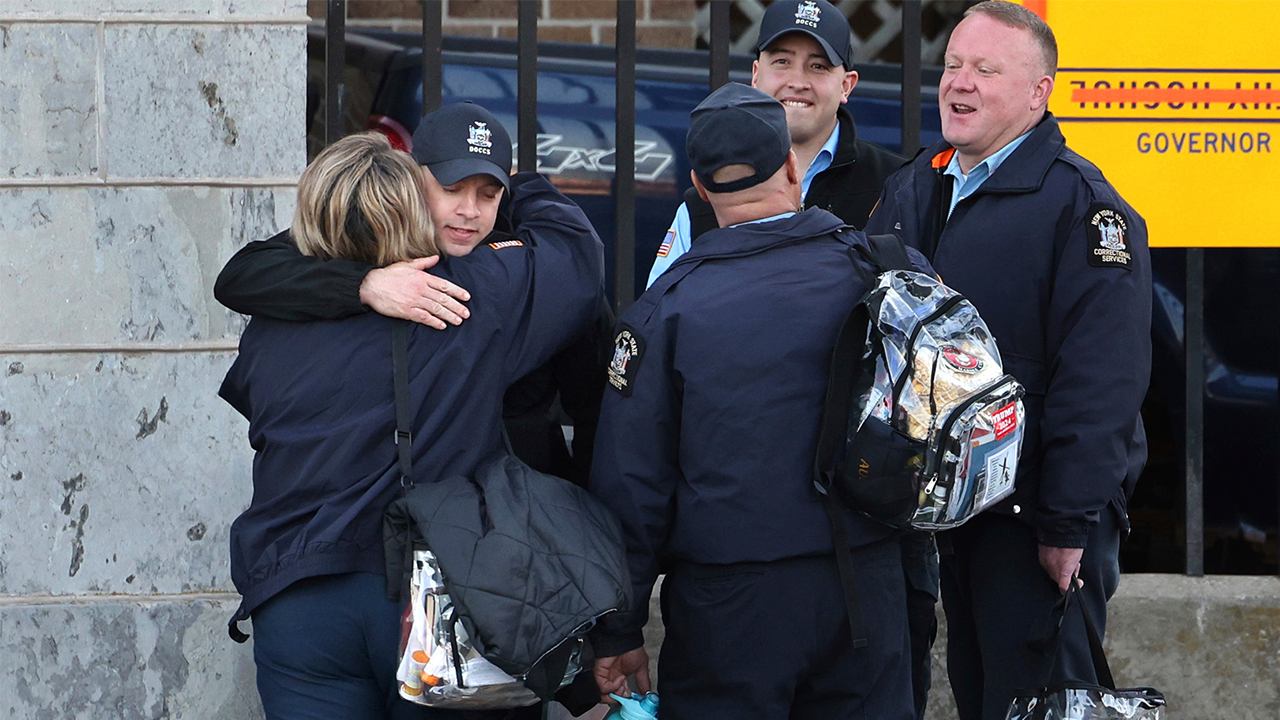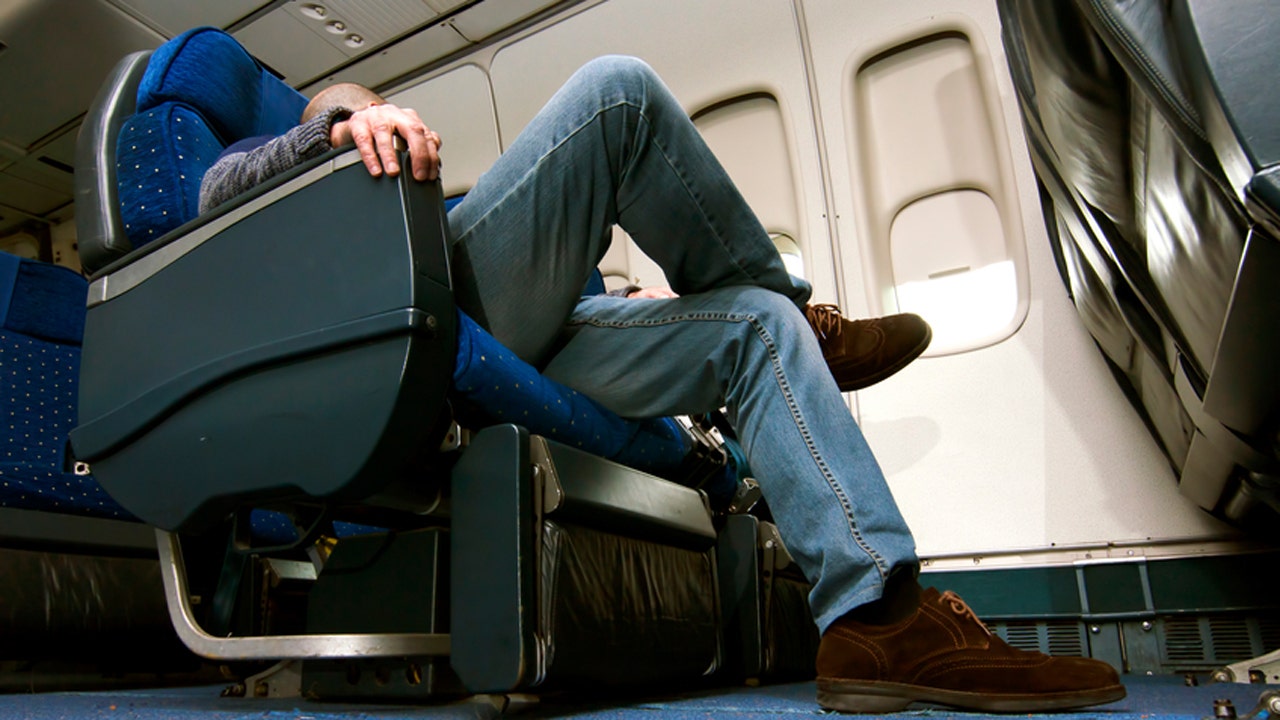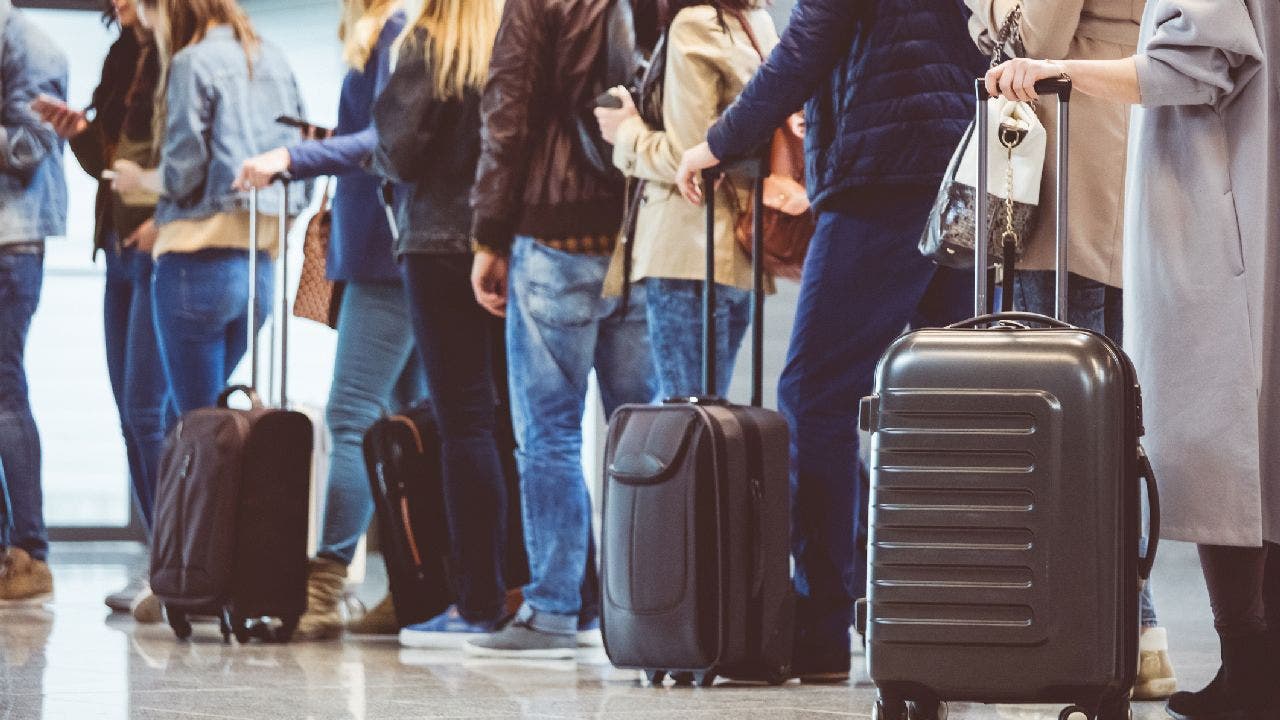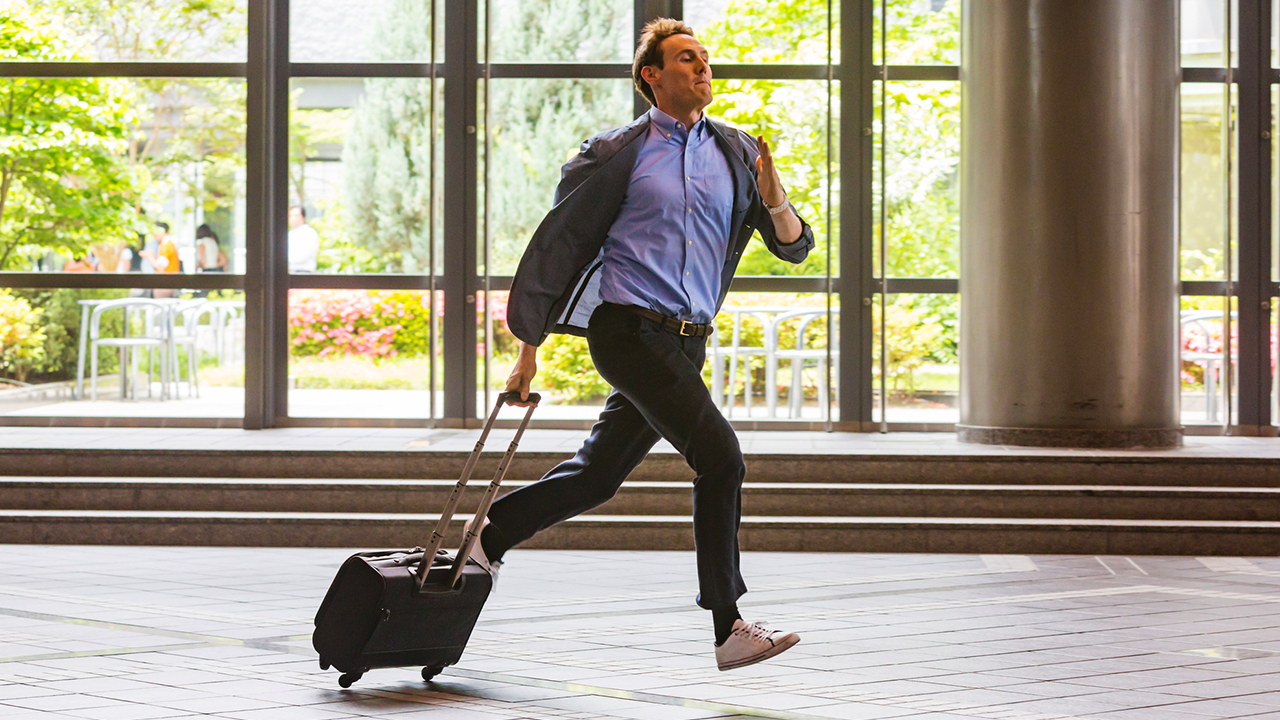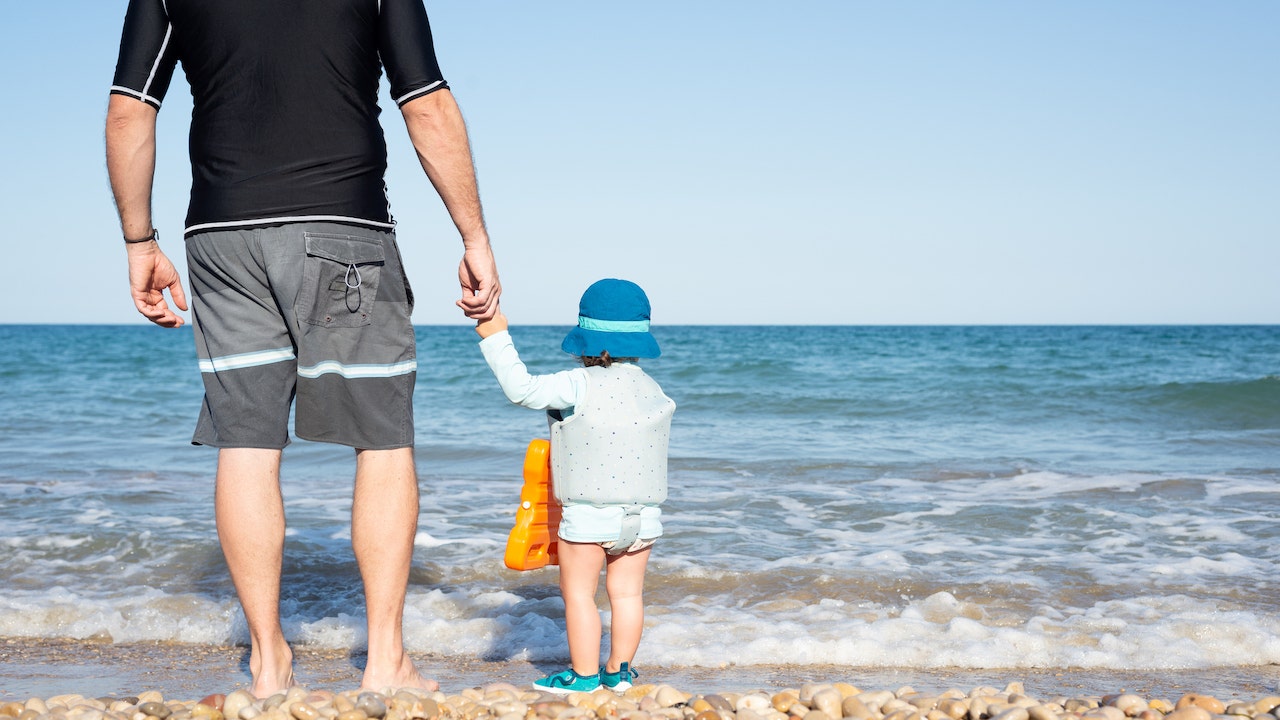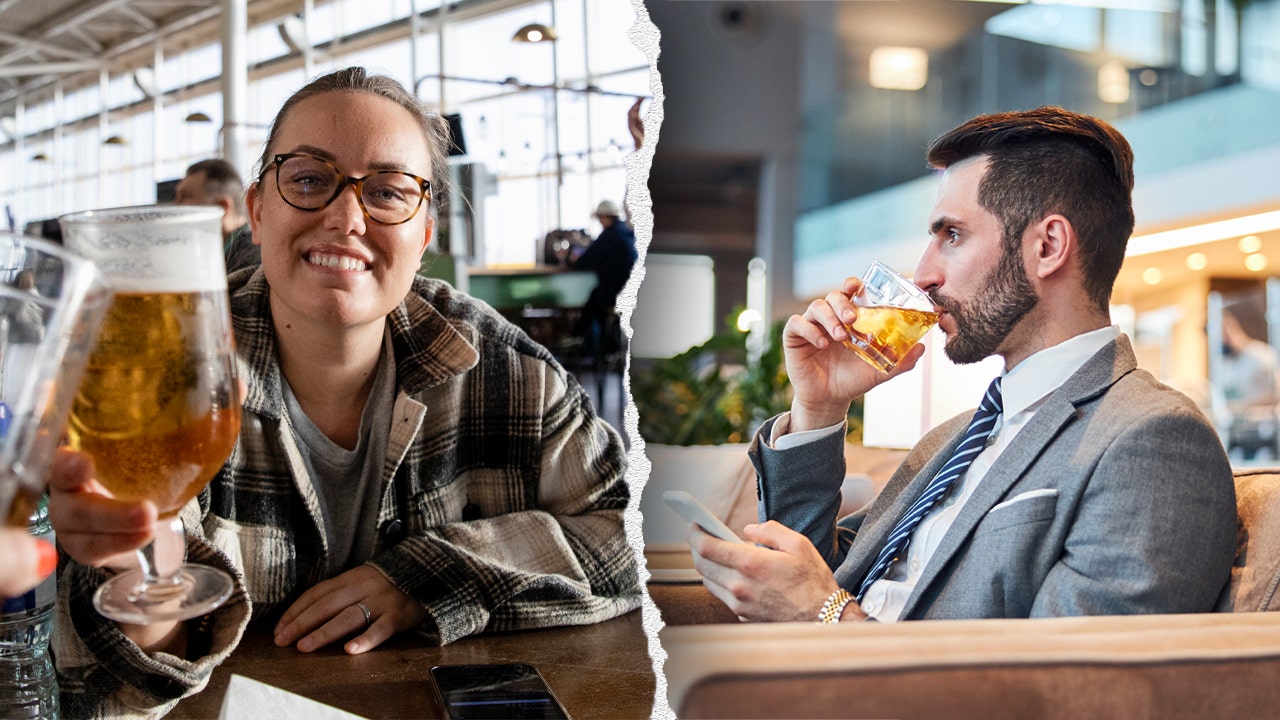Ryanair Urges Airport Bars to Restrict Alcohol Sales
Ryanair is calling on airport bars to join in on the limitation of drinks allowed per passenger.
A Response to Disruption in the Skies
This request to all airports within the European Union is a result of a disruptive passenger who forced the airline to divert a flight, and the airline is now filing a civil suit against the individual, according to a recent press release posted by Ryanair.
Ryanair, long synonymous with budget travel in Europe, finds itself grappling with a significant challenge. “It is time that EU authorities take action to limit the sale of alcohol at airports. Airlines, like Ryanair, already impose strict regulations on alcohol consumption within their aircraft,” a spokesperson stated. The airplane cabin, a confined space where rowdy behavior can escalate quickly, risks the safety and comfort of all aboard when the liquor flows too freely.
An Argument for Safer Journeys
“We fail to understand why passengers at airports are not limited to two alcoholic drinks—using their boarding passes in the same way that duty-free sales are controlled. This simple measure could foster a more orderly atmosphere, resulting in safer and better passenger behavior, ultimately enhancing the travel experience for both passengers and crew across Europe,” the spokesperson continued.
Ryanair’s assertion follows a tumultuous incident last year involving flight FR7124 from Dublin to Lanzarote, where unruly conduct forced an emergency diversion to Porto. The aftermath, according to their press release, involved significant costs—not to mention the psychological impact on crew and passengers alike.
Financial Fallout and Passenger Fallout
Ryanair has since filed a claim in the Irish Circuit Court against the passenger responsible, seeking over $15,000 in damages. It reported that the diversion required accommodation for over 160 stranded passengers and crew members, costing the airline roughly $7,000, alongside additional legal and handling fees. It begs the question: could some of these costs be mitigated by preemptive measures regarding alcohol sales at airports?
The incident highlighted the challenges faced by airlines, largely due to standards that seem outdated. Michael O’Leary, CEO of Ryanair, previously remarked on the evolution of passenger behavior. “It seems that today, those who consume too much alcohol are also mixing it with other substances, leading to aggressive confrontations, not just with crew but amongst passengers themselves.” Such sentiments suggest a need for safety regulations that adapt to changing social dynamics.
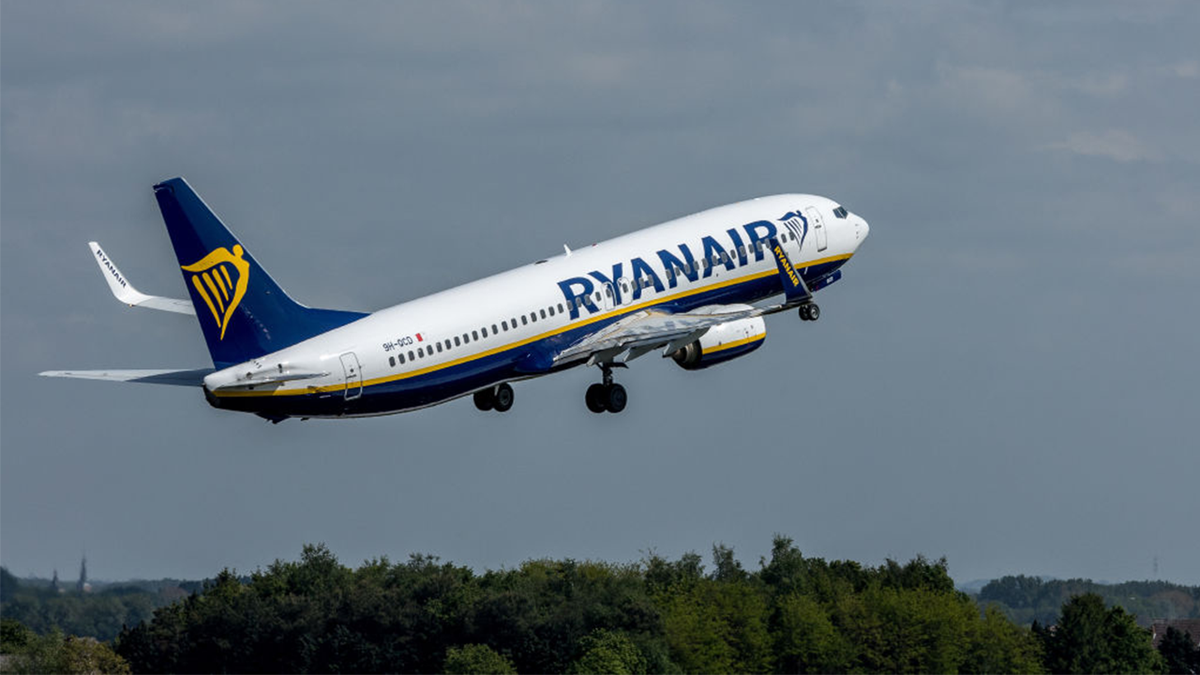
The Wider Implications
Ryanair’s call for action extends beyond mere self-interest. It reflects a broader conversation about the responsibilities of various stakeholders in the travel sector. Airline representatives argue, “European governments frequently neglect to address issues that are paramount to flight safety, allowing disruptive passengers to remain unchecked.”
In a global economy where travel is frequently a necessity rather than a luxury, the challenge is not just about cost; it revolves around safety and comfort. Last summer, it was reported that an alarming number of incidents related to passenger misconduct led to emergency landings, proving that the stakes are high.
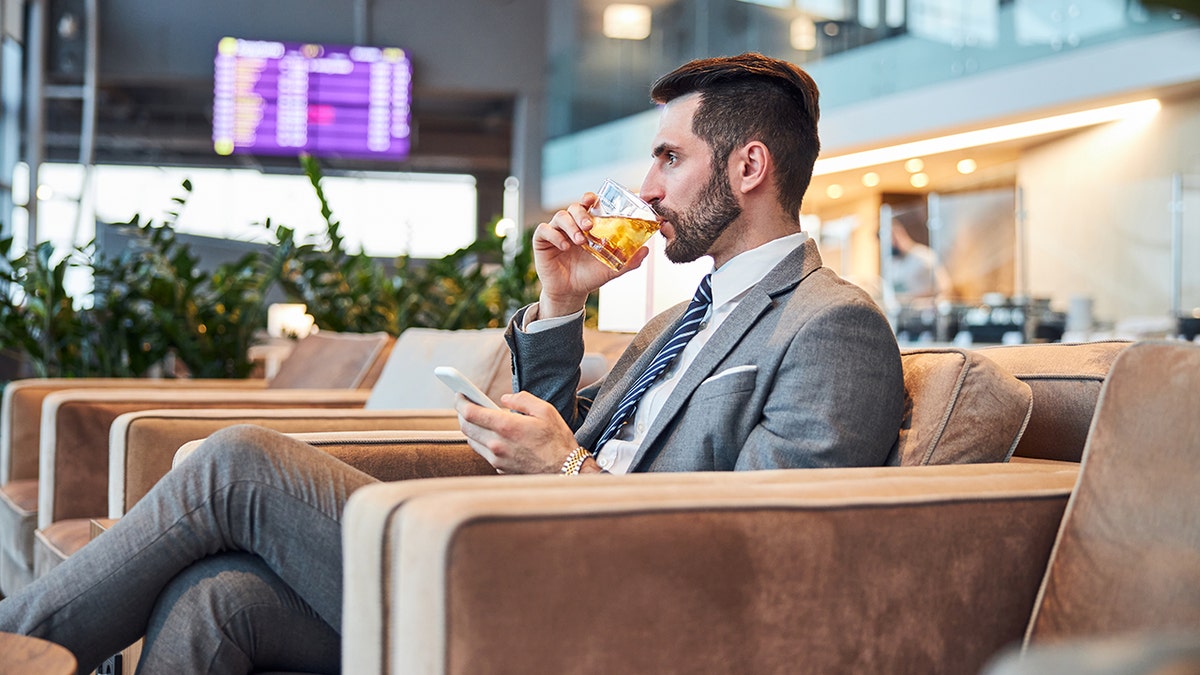
As discussions advance, it might be wise to reflect on the role of airport bars in this equation. Did you know that Spain boasts some of the most vibrant airport lounges in Europe? These establishments, like Barajas Airport’s Departures Lounge in Madrid, often serve drinks that are too plentiful, and verification processes can be lax. What’s clear is that the indulgence of a few can affect the travel experience for many.
Taking Action for a Safer Tomorrow
Ryanair maintains a forward-thinking stance, emphasizing a “strict zero tolerance policy” towards misconduct. As they pursue legal action against individuals who engage in disruptive behavior, they hope their call for limited alcohol sales at airports will resonate and lead to significant improvements in passenger conduct. Safety, after all, should never be an afterthought. As travelers, perhaps it’s time to consider how our own choices impact the collective journey.


